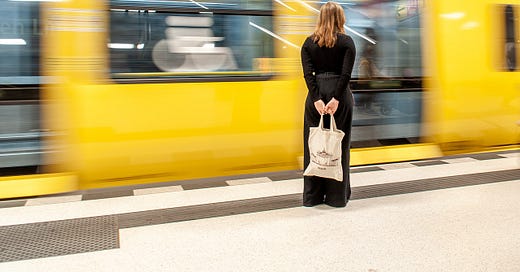Fines for Fare Dodging on Dutch Public Transport Will Rise by 40%
From October 1, passengers caught without a ticket will face a €70 fine as the government aims to curb fare evasion and improve public safety.
Starting October 1, 2025, fines for travelling without a valid ticket on Dutch public transport will rise from €50 to €70, marking the first increase in nearly a decade. The decision, announced by newly appointed State Secretary for Public Transport and the Environment, Thierry Aartsen, aims to improve safety and fairness in the system.
First Hike Since 2016
The fine for fare dodging has remained unchanged since 2016, despite public transport ticket prices increasing by more than 25% in that time. According to Aartsen, the current penalty is no longer an effective deterrent. Research confirms that some individuals knowingly take the risk, calculating that occasional fines are still cheaper than consistently paying for transport.
Safety and Nuisance Concerns
Aartsen emphasised that fare dodgers often cause disturbances that make other travellers feel unsafe, particularly women travelling alone at night. He said that fare dodging frequently goes hand-in-hand with anti-social behaviour, such as pushing through gates or causing discomfort for other passengers. Improving safety across the public transport network is one of his main goals.
Additional Administrative Costs
In addition to the increased base fine, late payment fees will also rise. From October, anyone who fails to pay their fine within 14 days will incur an administrative cost of €20 instead of the current €15.
Broad Support and Implementation
The measure was developed in coordination with the Ministry of Justice and Security, public transport companies, police, unions, and local municipalities. Hatte van der Woude, chair of industry group OV-NL, welcomed the changes, stating that higher fines are "fairer for paying passengers" and will help discourage abuse.
Aartsen's Priorities
Though a newcomer to the cabinet, Aartsen has made clear that improving safety in public transport will be a central focus during his tenure. After years in Parliament working on labour and economic issues, he now brings that experience to the transport sector, aiming to ensure a safer, more equitable experience for all passengers.





